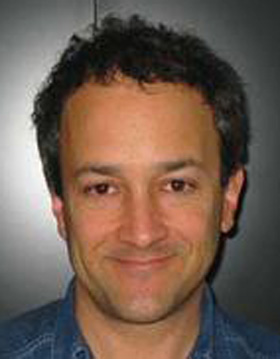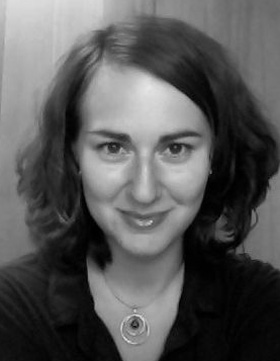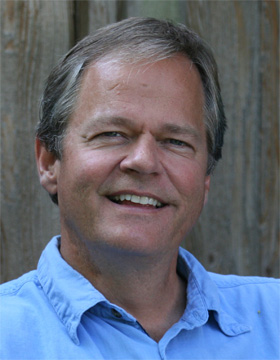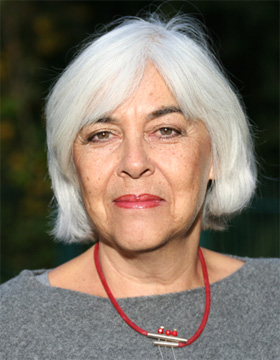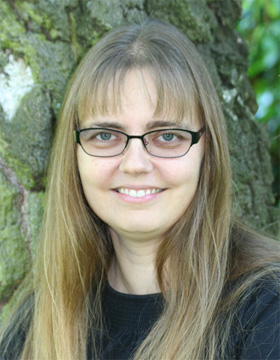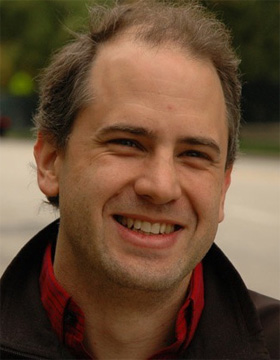Focus Group 2013/2014
Krebsevolution
1971 startete der amerikanische Präsident Richard Nixon seine inzwischen berühmt gewordene Initiative „Krieg gegen den Krebs“ – mit der Vorhersage, die Krankheit könne innerhalb von fünf Jahren besiegt werden. Nach über 40 Jahren ist Krebs noch immer für etwa ein Viertel aller Todesfälle in den reichen Ländern und etwa für ein Achtel aller Todesfälle weltweit verantwortlich. Trotz erheblicher Fortschritte konnten die Behandlungsmethoden nicht alle Erwartungen erfüllen. Die Krebsforschung steht jetzt am Scheideweg und braucht neue Ideen, grundlegende Innovationen und vollkommen neuartige interdisziplinäre Teams von Wissenschaftlerinnen und Wissenschaftlern. Ein entscheidender konzeptioneller Durchbruch für das Verstehen von Krebs liegt in der darwinschen Evolutionstheorie und in ökologischen Ansätzen: Krebs ist eine Krankheit, die eine Gelegenheit braucht, um sich zu entwickeln; sie ist mit der Evolution, der Expansion und dem Wettbewerb klonaler Zellpopulationen im Körper verbunden. Wenn wir alles berücksichtigen, was wir über die Populationsökologie und die genetischen, molekularen und demografischen Charakteristika von Zellen und ihren Mikroumwelten wissen – wie groß ist die Vorhersagbarkeit der Krebsdynamik auf der Ebene der Population und des einzelnen Organismus?
Das zentrale Ziel der Schwerpunktgruppe Krebsevolution am Wissenschaftskolleg zu Berlin liegt darin, durch die Anwendung von Prinzipien der Evolutionstheorie Fortschritte bei der Erklärung des Krankheitsverlaufs und der therapeutischen Ergebnisse zu machen sowie neue Ansätze zur Krebsprävention und Krebstherapie zu entwickeln. Die Mitglieder der Schwerpunktgruppe wollen untersuchen, wie die verschiedenen Krebsarten durch die Evolution beeinflusst wurden – dabei geht es um die Unterschiede zwischen den Arten (Frédéric Thomas), zwischen Individuen derselben Population (Michael Hochberg), zwischen Individuen, deren Krebs bereits Metastasen gebildet hat (Athena C. Aktipis), bis hin zu Unterschieden innerhalb der Tumore (Hanna Kokko, Urszula Hibner). Die Forschung der Schwerpunktgruppe befasst sich auch mit der Frage, inwieweit sich Krankheitserreger und die Resistenz, die die Wirte gegen sie entwickelt haben, auf die Wirtspopulationen ausgewirkt haben (Paul W. Ewald). Überdies wird die Schwerpunktgruppe auch einen eher anwendungsorientierten Ansatz verfolgen und der Frage nachgehen, wie die Evolutionsmedizin optimiert werden kann, um Krebs noch vor seiner Entstehung oder im sehr frühen Stadium zu behandeln (Michael Hochberg). Die Ergebnisse sollen als wissenschaftliche Aufsätze für das Fachpublikum veröffentlicht werden; zudem ist eine Monographie geplant (Carlo C. Maley).
Michael Hochberg
Conveners
